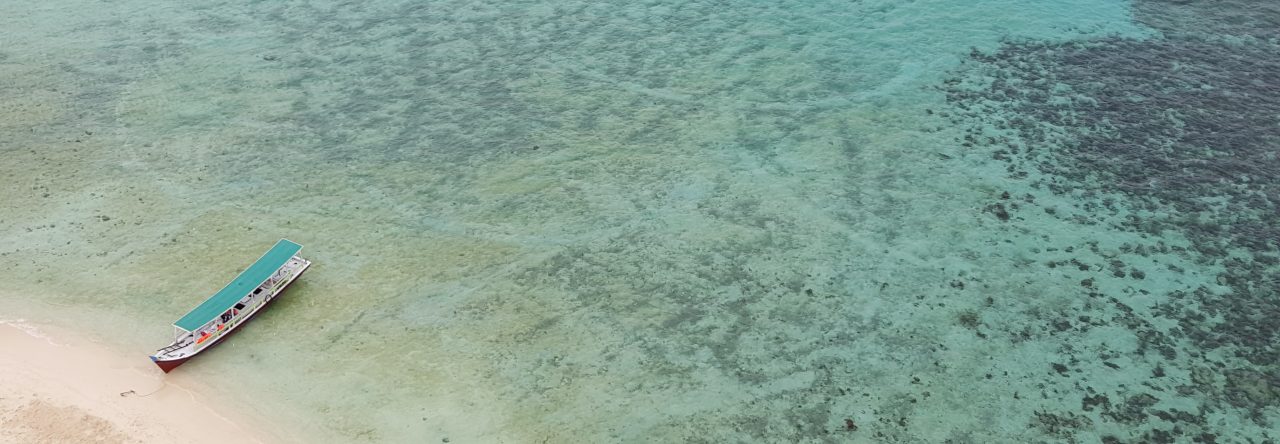“Risk, Resilience and Human Security in Cross-Border Areas: the Greater Mekong Subregion, the Heart of Borneo and the Coral Triangle” (in the beginning of 2011 the old version of this was published as a working paper by Centre for Non-Traditional Security of S. Rajaratnam School of International Studies at Nanyang Technological University in Singapore). Authors: Fitrian Ardiansyah and Desak Putu Adhityani Putri.
Published as a book chapter (Chapter 8) in an edited book entitled “Human Security and Climate Change in Southeast Asia”. The editors are Prof Lorraine Elliott and Prof Mely Caballero-Anthony. The book is published by Routledge and the offer to buy this book has been put on Amazon.com, Routledge.com and a number of online bookshops.
 Human Security and Climate Change in Southeast Asia
Human Security and Climate Change in Southeast Asia
Edited by Lorraine Elliott, Mely Caballero-Anthony
Published August 2012 by Routledge – 240 pages
Series: Routledge Security in Asia Pacific Series
Part 1: Setting the context 1. Human security, climate change and social resilience Lorraine Elliott 2. The economics of climate change in Southeast Asia Juzhong Zhuang, Suphachol Suphachalasai and Jindra Nuella Samson Part 2: Conceptual approaches 3. A sociology of risk, vulnerability and resilience Devanathan Parthasarathy 4. Community rights and accessKeokam Kraisoraphong Part 3: Local risk and strategies for local resilience 5. REDD (Reduced Emissions from Deforestation and Forest Degradation): mitigation, adaptation and the resilience of local livelihoods Enrique Ibarra Gené 6. The challenges for gender-responsive adaptation strategies Bernadette P Resurreccion Part 4: Scaling up to the region 7. Development for climate security Irene Kuntjoro 8. Risk, Resilience and Human Security in Cross-Border Areas: the Greater Mekong Subregion, the Heart of Borneo and the Coral Triangle Fitrian Ardiansyah and Desak Putu Adhityani Putri 9. Regional cooperation: enabling environments for adaptation and social resilience Mely Caballero-Anthony
Original links:
http://www.routledge.com/books/details/9780415684897/#contents
Abstract of my chapter (Chapter 8):
This chapter investigates the security impacts of climate change in three Southeast Asian cross-border areas– the Greater Mekong Subregion, the Heart of Borneo and the Coral Triangle – through an examination of the ways in which climate change results in human insecurity and possibly social unrest, tension and conflict. The three cross-border areas are significant in that they host unique but threatened large-scale freshwater, terrestrial forest, coastal and marine ecosystems. In addition, they are home to more than 400 million people and provide important ecosystem goods and services to many countries in the region. This paper explores and evaluates regional agreements and actions in each of the three areas, with an emphasis on the mainstreaming of climate adaptation as well as mitigation in the development agenda. The analysis also points to the importance of reaching out to other actors beyond state and intergovernmental ones if adaptation and mitigation efforts were to succeed. There is a need to identify other actors, such as the business sector, local communities and the public, with the aim of getting them involved in these important issues.
Purchasing Options:
- Hardback: 978-0-415-68489-7: $140.00



